When it comes to choosing a business structure, most single entrepreneur business ventures choose to stick to sole proprietorship. This type of business structure is the simplest form and doesn’t require many legal procedures in most of the countries. In fact, in most countries, sole proprietorship isn’t even a legal entity.
So, what exactly is sole proprietorship, how it works, and how is it different from partnership, one-person company, or other similar business structures.
Read on to find out.
What Is Sole Proprietorship?
Sole proprietorship, also called proprietorship and individual entrepreneurship, is a type of business structure where the business owned and controlled by a single person who receives all the profits and assumes all the risks.
In the eyes of the law, a sole proprietor isn’t a different entity from his business. This is the reason the sole proprietor owns all the assets, receives all the profits, and has unlimited responsibility for all the losses and debts.
It is the most common, most economical, and simplest form of business entity. In fact, 73.1% of the business firms in the USA, 62.5% of business firms in India, 59% of business firms in the UK, and 50.8% of business firms in China are sole proprietorships.
Characteristics of Sole Proprietorship
Sole proprietorship is significantly different from other forms of business structures like a partnership, LLC, and corporations. In this business form, there’s just one owner who controls everything, earns all the profits, and is no different from the business. This person is the only one having unlimited liabilities even if he has employees working for him.
- No Separate Business Entities: Proprietors have no existence apart from their businesses. Everything that belongs to the business – the profit, assets, expenses, and liabilities belongs to the proprietor as well.
- Single Ownership And Control: There is just one owner who starts the business, brings in all the resources, and who controls the direction and day-to-day operations of the business.
- Minimum Legal Costs And Formalities: The registration of sole proprietorship isn’t required in most countries. Even if compulsory, the formation and operation require very less legal formalities and costs.
- No Separation Of Ownership And Management: The owner himself manages the daily, short term, and long term affairs of the business as per his skill and intelligence. There is no separation of ownership and management when it comes to sole proprietor business structure.
- Unlimited Liabilities: The proprietor has unlimited liability. In case of loss, if the business assets are not enough to pay the liabilities, he has to use his personal properties to pay off the liabilities of the business.
Sole Proprietorship Advantages And Disadvantages
Most small businesses opt for sole proprietorship due to its various legal and operational advantages but as the business grows, it opts for a different business structure because this business form has its own limitations.
Sole Proprietorship Advantages
- Easy And Inexpensive To Start And Close: Sole proprietorship is the easiest of the business structures to form and operate. A sole proprietorship is started as soon as the person starts selling something. He doesn’t require to fulfil any legal requirements or has to register his business. Similarly, there are no such formalities required to close a sole proprietorship firm.
- Less Capital And Operational Expenses: The sole proprietorship business is usually started at a smaller scale than other business forms. Hence, it involves less capital and operational expenses.
- Less Legal And Tax Expenses: In most countries, it is not required by the law to register a sole proprietorship firm. Even if it is required, the legal costs and requirements are very less as compared to other business forms.
- Full Ownership And Control: Since the business is owned and run by a single individual, he owns the full ownership and control and keeps away from intra-business conflicts.
- Quick Decision Making And Prompt Actions: Since there is only one decision-maker, no one interferes with the proprietor and his decisions. Similarly, actions are initiated promptly and at the appropriate time.
- Direct Motivation: Since the business’ profit is the proprietor’s profit, there’s a direct motivation for him to work hard and perform better.
- Maintenance Of Business Secrets: Since the secrets are known only by the proprietor and he himself decides whom to disclose his secrets too, there are no risks of spilling of business secrets. Moreover, unlike companies, the proprietor isn’t bound to publish his business accounts and statements.
- Personal Touch: Since it’s the proprietor who’s the handles everything related to the business, it becomes easier to maintain a personal touch with customers and employees.
Sole Proprietorship Disadvantages
- Unlimited Liability: Since the business isn’t a different entity from the proprietor, the business liabilities are also the personal liabilities of the individual. That is to say, if the business liabilities can’t be paid off using the business assets, the proprietor might have to sell off his personal assets to meet the obligations and debts.
- Limited Resources: Since there’s only one owner, the resources (employees, money, etc.) in the sole proprietorship is always limited.
- Lack Of Continuity: A sole proprietorship business is linked with the life of the proprietor. That is, illness, death, or other mishaps with the proprietor may result in the closure of the business.
- Limited Growth: This model isn’t suitable for a large scale business. As the business grows, a sole-proprietorship business has to be converted into other business forms as the financial requirements cannot be met out from the pockets of the sole proprietor.
- Limited Expertise: The proprietor may not be an expert in all the business functions like sales, marketing, finance, warehousing, etc. This often leads to a lack of expertise in the business which can hinder its growth.
- Tax And Legal Liabilities: The income earned from the business is taxed at a personal rate. Hence, as the business grows, the sole proprietor could be put into a higher tax bracket which may increase his tax liabilities compared to other forms of businesses.
Sole Proprietorship Suitability
Sole proprietorship is suitable if the business-owner –
- Doesn’t want to share the ownership of the business with others.
- Wants to open up a business without fulfilling several legal formalities.
- Provides an offering that is inseparable from him.
- Wants to have all the decision-making power to himself.
- Wants to run a business without incurring high setting-up costs.
- Runs a business that requires direct personal contact.
Sole Proprietorship Examples
A majority of the businesses that are operated by a single owner are sole proprietorships. Here are some examples –
John runs a salon and has 3 employees who help him to handle the workload. The business isn’t registered and John pays the rent from his personal savings on months when there isn’t good business. John is a sole proprietor.
Jane is a freelance writer who takes up work from clients she finds on outsourcing websites like Fiverr, Upwork, etc. She doesn’t have a company and her name is her only brand name. She is a sole proprietor as well.
Besides these, here are some other examples of sole proprietorship –
- Computer Repair Mechanic
- Freelancer
- Tutor
- Day care Operator
- Virtual Assistant
- Nanny
- Direct Seller
- Housekeeper
- Fitness Instructor
- Graphic Designer
- Artist
Go On, Tell Us What You Think!
Did we miss something? Come on! Tell us what you think about our article on sole proprietorship in the comments section.
A startup consultant, digital marketer, traveller, and philomath. Aashish has worked with over 20 startups and successfully helped them ideate, raise money, and succeed. When not working, he can be found hiking, camping, and stargazing.
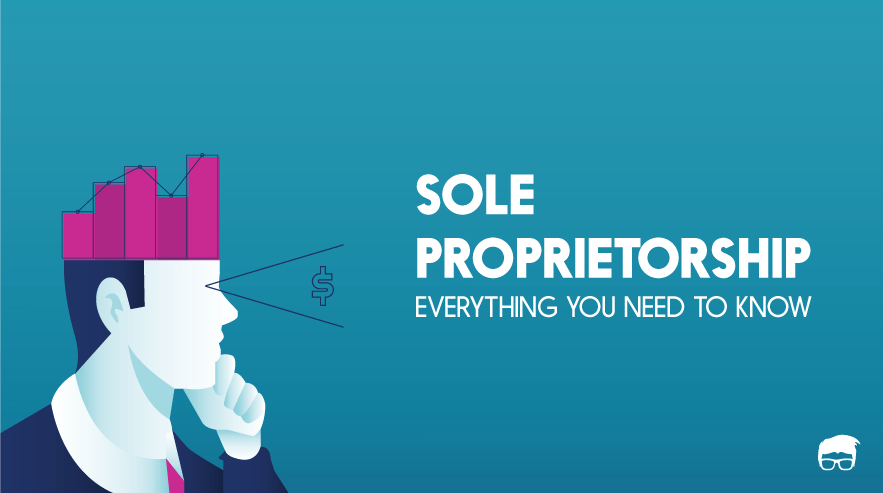
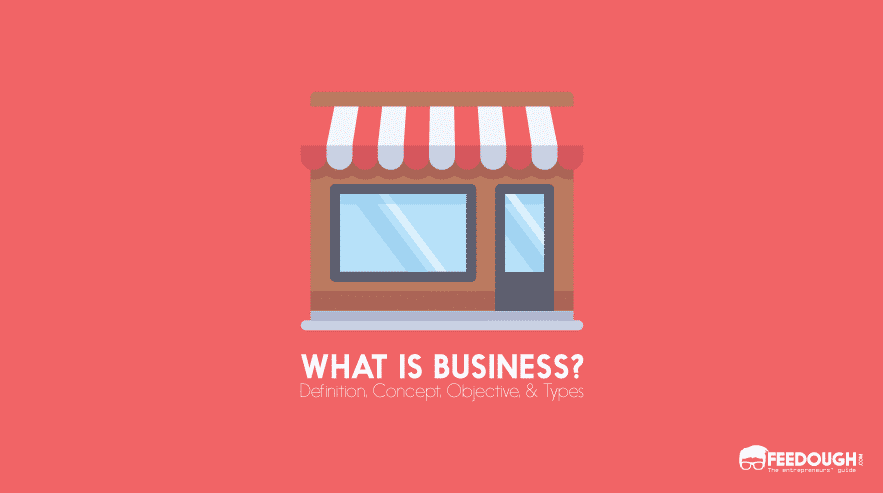
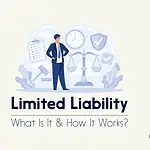
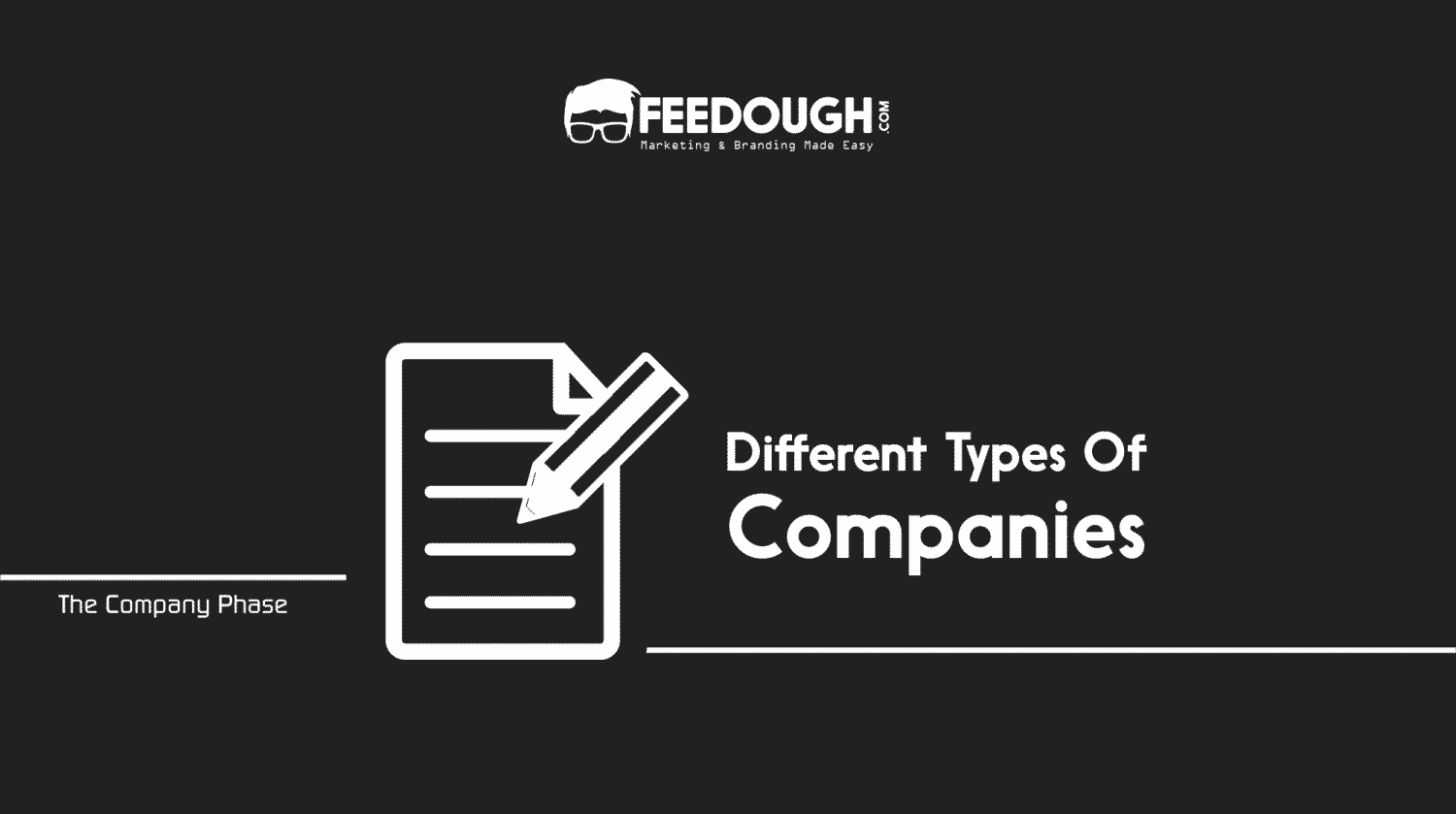
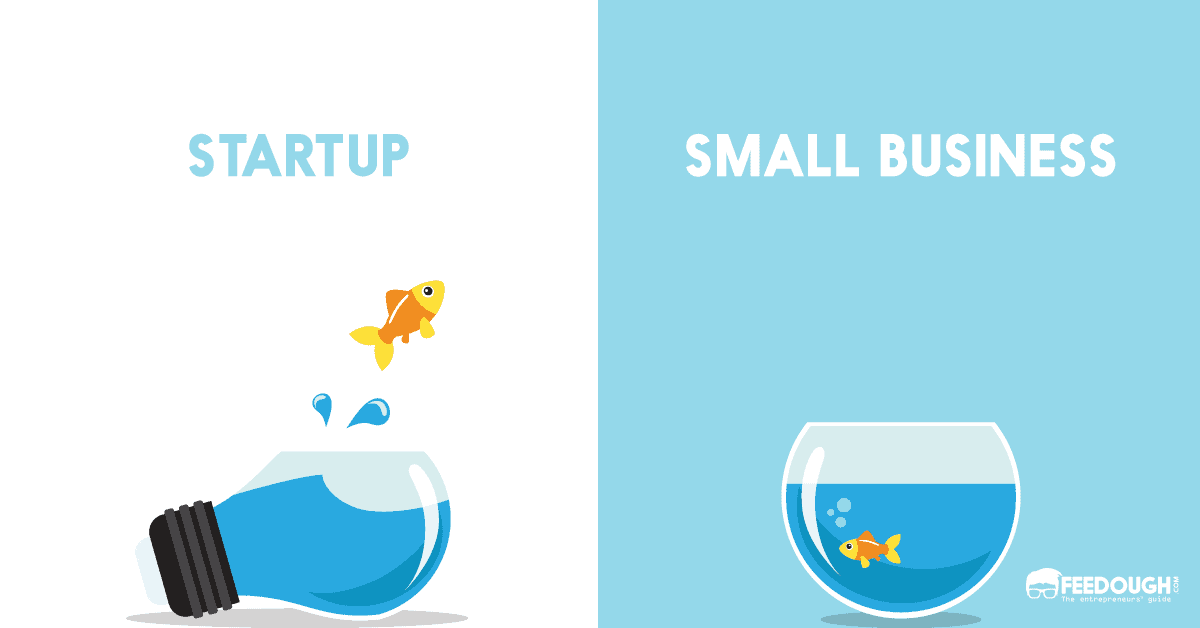
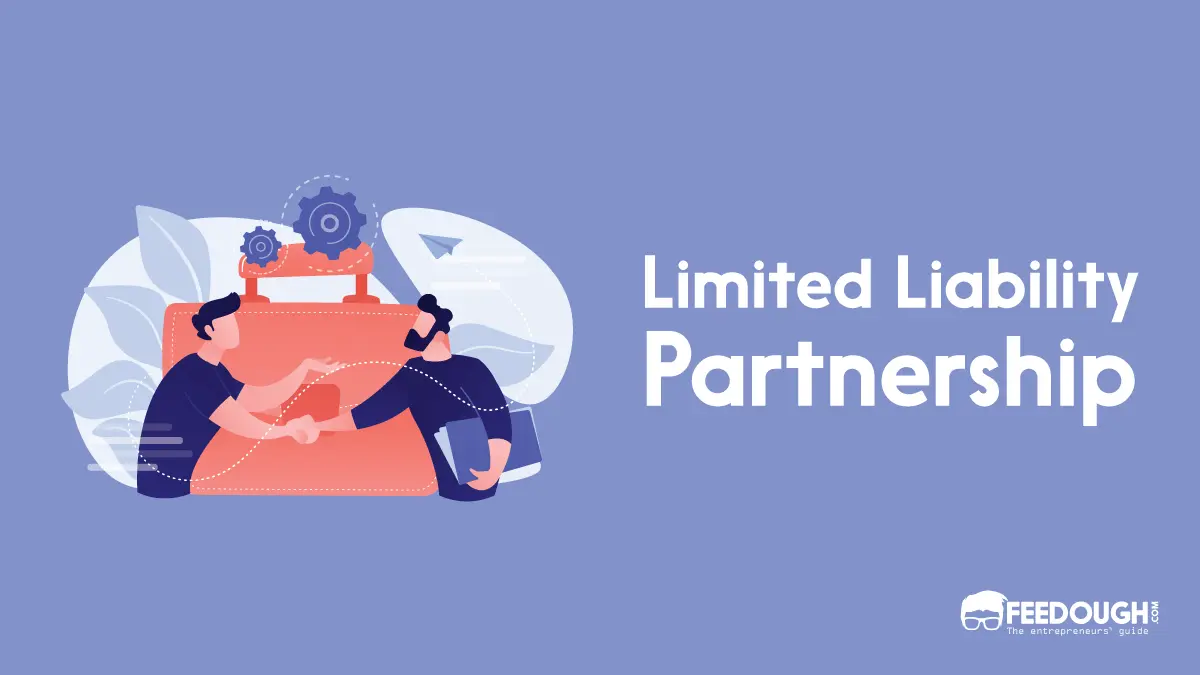

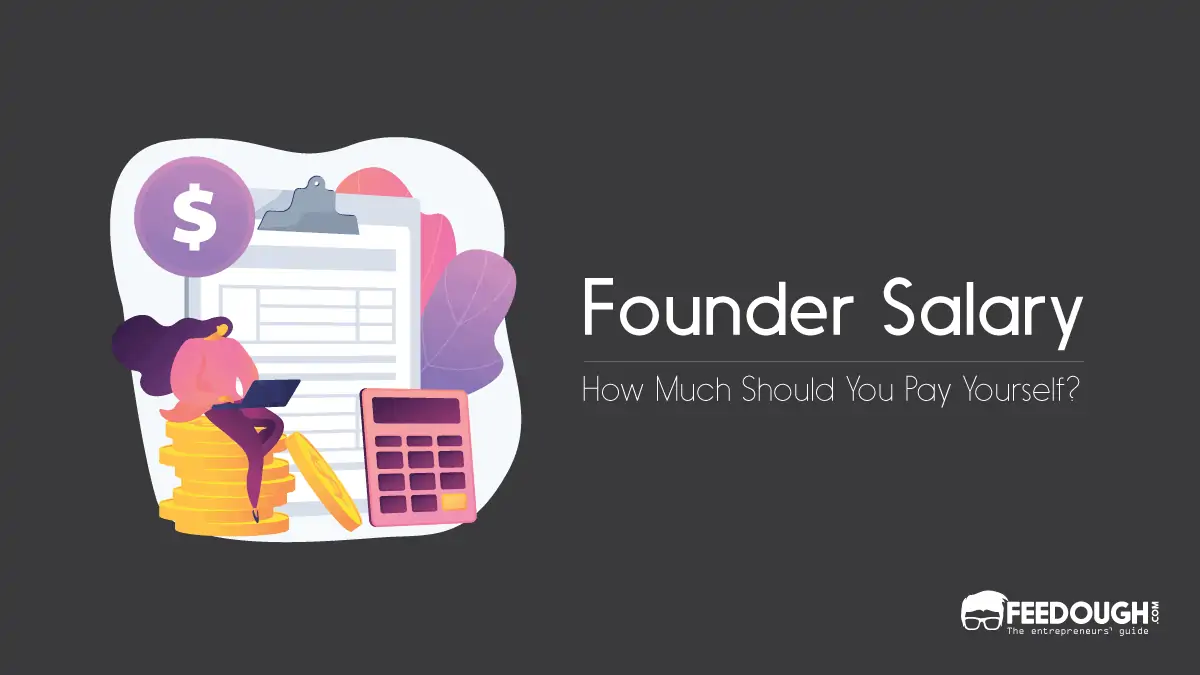
![How To Start A Business Internationally [Detailed Guide] Start a business internationally](https://www.feedough.com/wp-content/uploads/2023/07/Start-a-business-internationally-150x150.webp)